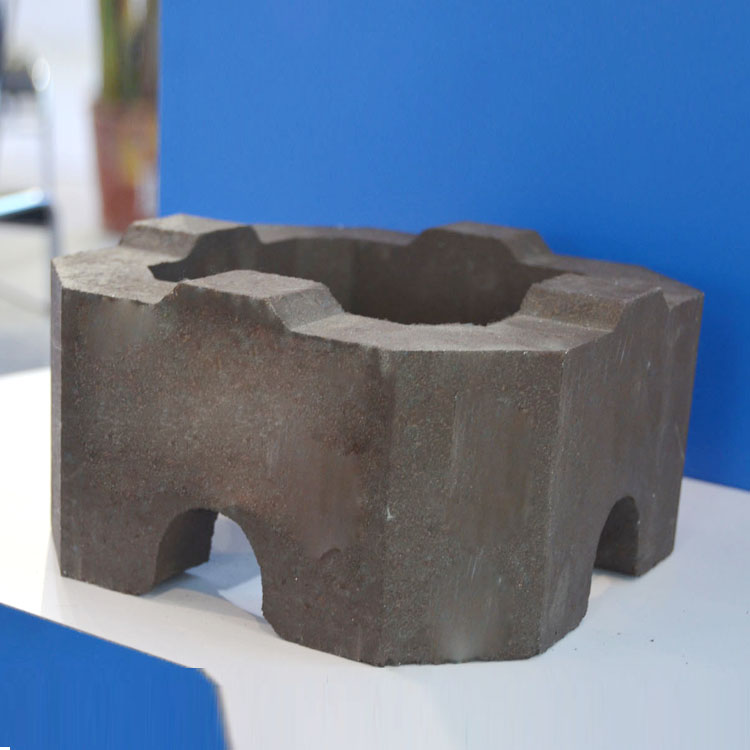.jpg?x-oss-process=image/resize,h_1000,m_lfit/format,webp)
In the high-temperature kiln industry, enterprises often face a series of challenges. Frequent kiln failures and poor production stability have become pain points that plague the industry. These problems not only lead to increased production costs but also reduce product quality and market competitiveness. Fortunately, magnesia bricks have emerged as an effective solution to these issues.
.jpg)
Magnesia bricks possess a series of outstanding properties that make them ideal for high-temperature kiln applications. First, they have high mechanical strength. With a compressive strength of up to 50 MPa, magnesia bricks can withstand significant pressure and mechanical stress in high-temperature environments, ensuring the structural integrity of the kiln.
Second, their resistance to alkaline slag erosion is remarkable. In high-temperature kilns, alkaline slag can cause serious corrosion to refractory materials. Magnesia bricks, however, contain a high percentage of magnesium oxide (MgO), which forms a stable protective layer on the surface when in contact with alkaline slag. This layer effectively prevents further erosion, extending the service life of the kiln lining. According to laboratory tests, magnesia bricks can resist alkaline slag erosion for up to 20% longer than ordinary refractory bricks.
Third, magnesia bricks have a high refractoriness. They can withstand temperatures of up to 2000°C without significant deformation or melting, making them suitable for use in extremely high-temperature kilns. Fourth, their thermal stability is excellent. Magnesia bricks can undergo rapid temperature changes without cracking or spalling, ensuring continuous and stable operation of the kiln.

The application of magnesia bricks in high-temperature kilns has achieved remarkable results. For example, in the regenerators of glass kilns, the use of magnesia bricks has significantly improved the performance of the kiln. Before using magnesia bricks, the glass kiln had a failure rate of about 15% per year, mainly due to lining erosion and cracking. After replacing with magnesia bricks, the failure rate dropped to less than 5% per year.
Moreover, the production stability and continuity have been greatly enhanced. The production efficiency has increased by about 10%, and the quality of the glass products has also been improved. The data clearly shows that magnesia bricks can effectively reduce kiln failures, improve production stability, and bring significant economic benefits to enterprises.
Many customers who have used magnesia bricks have given positive feedback. One customer said, "Since we started using magnesia bricks in our kilns, the frequency of kiln maintenance has been significantly reduced, and the production efficiency has increased. We are very satisfied with the performance of magnesia bricks." Another customer mentioned, "The high refractoriness and thermal stability of magnesia bricks have ensured the long - term stable operation of our high - temperature kilns, which is very important for our production."
.jpg)
If you are in the consideration stage of choosing refractory materials for your high - temperature kilns, magnesia bricks are definitely worth considering. By choosing magnesia bricks, you can enhance the competitiveness of your high - temperature kilns, reduce production costs, and improve product quality.
Contact us now at [Contact Email] or call [Contact Phone Number] to learn more about our magnesia bricks. For a limited time, we are offering a special discount for new customers. Don't miss this opportunity to upgrade your high - temperature kilns!


